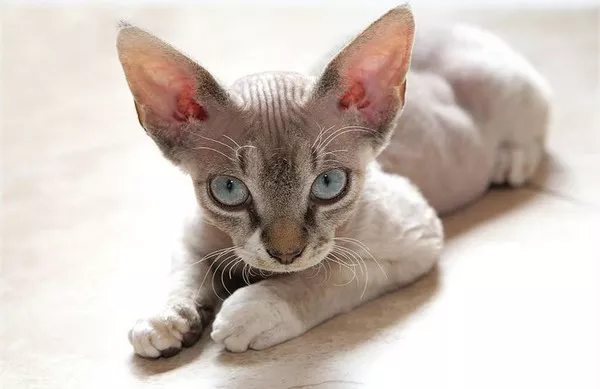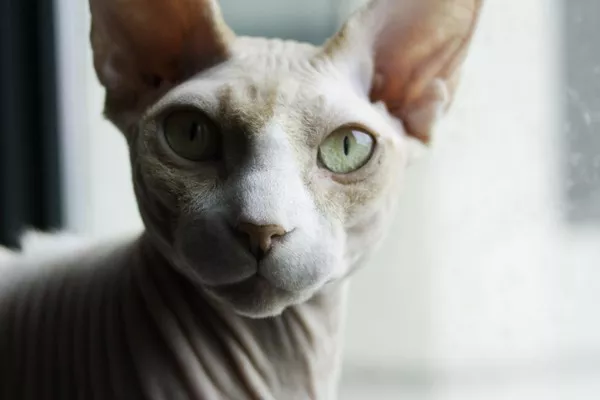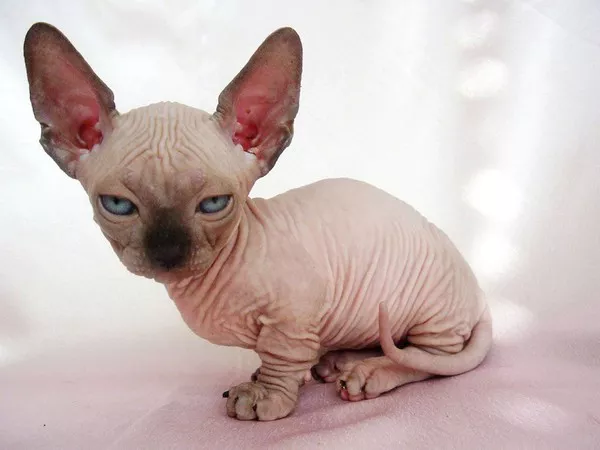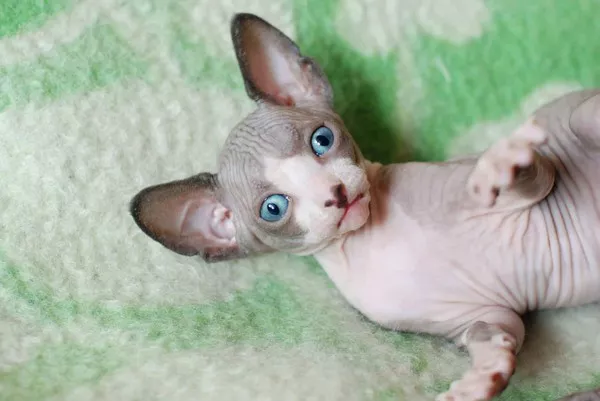The Devon Rex cat is a popular breed known for its distinctive appearance, playful personality, and unique coat. As with any pet, it’s natural for cat owners to wonder about the lifespan of their furry companions. In this article, we will explore the factors that influence the longevity of Devon Rex cats and provide insights into how long they typically live.
1. Understanding the Breed:
Devon Rex cats are a relatively young breed that originated in England during the 1960s. They are characterized by their large ears, wavy coat, and slender bodies. Despite their unique physical features, Devon Rex cats are generally healthy and have an average life expectancy comparable to other domestic cat breeds.
2. Genetic Factors:
Genetics plays a crucial role in determining the lifespan of Devon Rex cats. Like all living creatures, cats inherit genetic material from their parents, which can influence their health and longevity. Responsible breeders work diligently to minimize the presence of hereditary disorders within the breed by conducting appropriate health testing and careful selection of breeding pairs. By doing so, they aim to produce healthy kittens with an improved chance of a longer lifespan.
3. General Health and Care:
Proper healthcare and regular veterinary check-ups are essential for maintaining the overall well-being of Devon Rex cats. Routine vaccinations, parasite prevention, and dental care are crucial aspects of their healthcare regimen. Additionally, providing a balanced diet, regular exercise, and a stress-free environment can contribute to their longevity.
4. Common Health Issues:
While Devon Rex cats are generally healthy, like any breed, they may be prone to certain health issues. These include:
Hypertrophic Cardiomyopathy (HCM): HCM is a heart disease that affects the muscle walls of the heart. Regular cardiac screenings can help detect early signs of HCM and allow for timely intervention.
Patellar Luxation: This condition occurs when the kneecap becomes dislocated. While it can be managed with proper veterinary care, it may require surgical intervention in severe cases.
Skin and Coat Conditions: Devon Rex cats have a unique coat that requires special attention. They may be prone to skin allergies, dry skin, and seborrhea. Regular grooming and appropriate skincare can help alleviate these issues.
Progressive Retinal Atrophy (PRA): PRA is an inherited eye disorder that leads to gradual vision loss. Responsible breeders perform genetic testing to identify carriers of this condition and prevent its spread within the breed.
5. Lifestyle Factors:
The lifestyle provided to a Devon Rex cat also plays a significant role in determining its lifespan. Cats that are kept indoors tend to live longer than those exposed to outdoor hazards such as traffic accidents, predators, and infectious diseases. Indoor cats are also at a lower risk of injuries, exposure to toxins, and adverse weather conditions.
6. Individual Variations:
It’s essential to remember that each cat, regardless of its breed, is an individual with its own genetic makeup and health history. While the information provided here gives a general idea of the average lifespan of Devon Rex cats, there will always be variations within the breed. Some cats may live significantly longer, while others may experience health challenges that affect their lifespan.
Conclusion:
Devon Rex cats are generally healthy and have an average life expectancy comparable to other domestic cat breeds. With proper care, regular veterinary check-ups, and a safe environment, they can live long and fulfilling lives. It is important for prospective owners to choose a reputable breeder who prioritizes the health and welfare of their cats. By doing so, they increase the chances of bringing home a healthy Devon Rex kitten with the potential for a long and happy life. Remember, a cat’s lifespan is influenced by various factors, including genetics, healthcare, lifestyle, and individual variations, so providing the best possible care is crucial for ensuring their well-being and happiness.



























